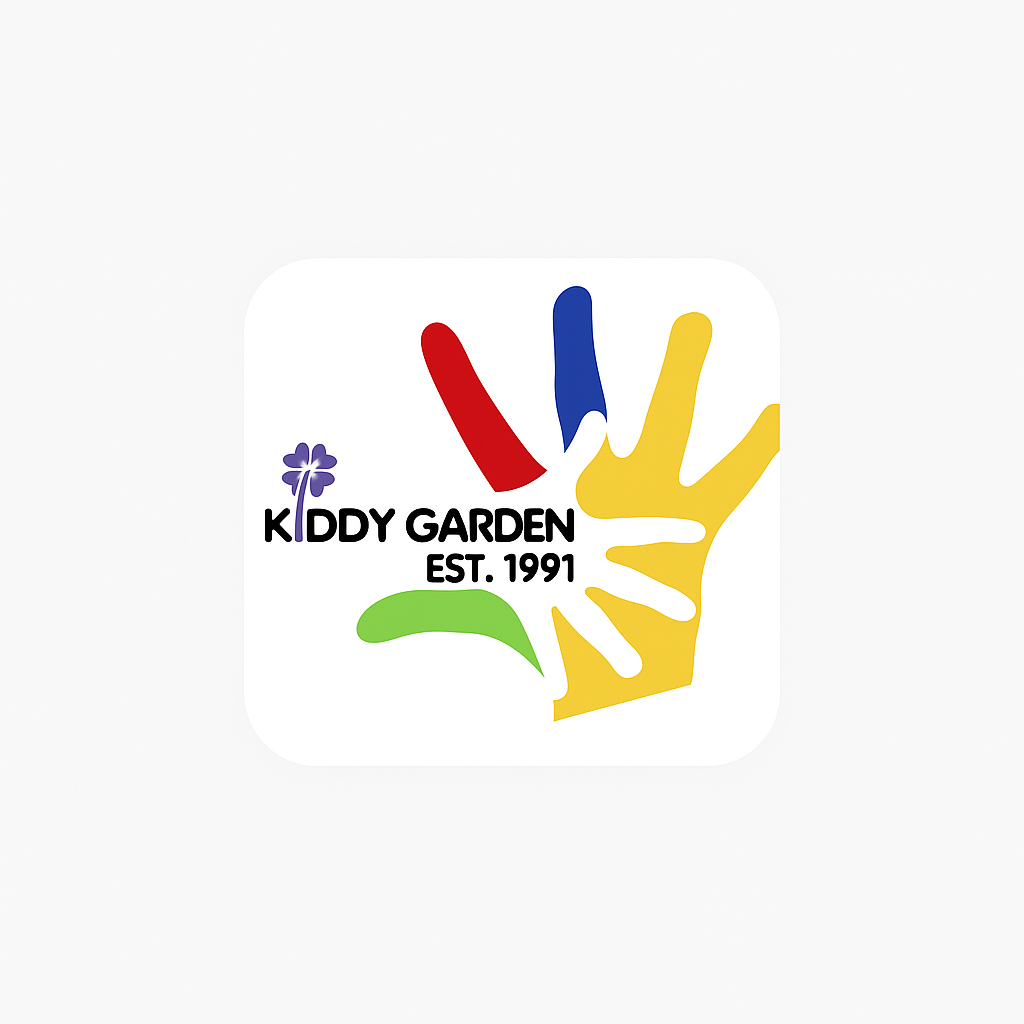Exploring the Benefits of a Quality Pre-K Program

Early childhood education is one of the most critical foundations for lifelong learning, success, and development. Among the most impactful steps a parent can take to ensure their child’s future growth is enrolling them in a Pre-K program. This stage bridges the gap between home or daycare and kindergarten, helping children develop social, emotional, physical, and cognitive skills that prepare them for formal schooling. A well-designed Pre-K curriculum does far more than teach letters and numbers—it nurtures curiosity, creativity, and a love for learning.
What Is a Pre-K Program?
A Pre-K program, short for pre-kindergarten, is an educational setting designed for children typically between the ages of three and five. It serves as an introduction to structured learning before they enter kindergarten. Unlike daycare, which primarily focuses on care and supervision, a Pre-K program emphasizes early academics, socialization, and developmental milestones.
In a quality Pre-K classroom, children engage in a mix of guided play, hands-on activities, storytelling, art, and interactive lessons. These experiences help them learn important skills such as sharing, listening, following directions, and expressing their thoughts clearly.
The Importance of Early Childhood Education
Research consistently shows that early learning experiences have a profound impact on a child’s future academic and social success. A Pre-K program lays the groundwork for literacy, numeracy, and social-emotional skills. It also helps identify early developmental needs so that children can receive the right support before entering elementary school.
Children who attend a high-quality Pre-K program are often more confident, better communicators, and more prepared to engage with their peers and teachers. These early experiences shape their attitudes toward education, setting the stage for positive outcomes throughout their school years and beyond.
Building Cognitive Skills Through Play and Exploration
Play-based learning is a cornerstone of a strong Pre-K program. Rather than relying solely on worksheets or rote learning, children explore concepts through hands-on experiences. For example, building with blocks teaches problem-solving and spatial reasoning, while simple science experiments encourage curiosity and observation.
Through these playful activities, children develop critical thinking skills and learn how to apply knowledge in real-world contexts. Educators guide their curiosity, helping them make connections between what they see, feel, and imagine.
Social and Emotional Development in Pre-K
Social-emotional growth is one of the most important goals of a Pre-K program. At this stage, children are learning how to interact with others, manage their emotions, and develop empathy. They begin to understand cooperation, patience, and respect for others’ ideas.
Teachers play a key role in modeling positive behaviors and guiding children through group activities. By encouraging teamwork and communication, they help students build strong social foundations that contribute to both classroom and personal success.
Academic Readiness and Skill Development
While play is central to learning in Pre-K, academic readiness is another essential component. Children are introduced to basic literacy and math concepts in ways that are engaging and age-appropriate.
Through songs, stories, and creative exercises, they begin to recognize letters, sounds, and numbers. They also practice fine motor skills through drawing, coloring, and using scissors. These early lessons create familiarity with academic structures, reducing anxiety and boosting confidence when they move on to kindergarten.
Language and Communication Skills
A well-designed Pre-K program places strong emphasis on language development. Teachers encourage children to express their thoughts, ask questions, and engage in conversation. Storytime, show-and-tell, and group discussions help build vocabulary, listening comprehension, and speaking confidence.
Exposure to rich language environments ensures that children enter kindergarten ready to read, write, and communicate effectively. It also nurtures creativity, imagination, and a love for storytelling—skills that benefit them in every area of life.
Motor Skill and Physical Development
Physical growth is equally important in the early years. Pre-K classrooms integrate activities that enhance both fine and gross motor skills. Art projects, puzzles, and writing practice refine hand-eye coordination, while outdoor play strengthens large muscle groups and promotes healthy habits.
Movement-based learning—like dancing, jumping, or balancing—helps children release energy while developing focus and control. A balanced Pre-K program ensures that physical development goes hand in hand with academic and emotional learning.
Choosing the Right Pre-K Program for Your Child
Selecting a Pre-K program can feel overwhelming, but knowing what to look for can make the decision easier. The best programs offer a safe, nurturing, and stimulating environment where children feel valued and supported.
Look for classrooms that are clean, organized, and equipped with age-appropriate learning materials. Teachers should be experienced, patient, and trained in early childhood education. Small class sizes allow for individualized attention, ensuring that each child receives the care and guidance they need.
Parents should also consider the curriculum’s approach. A balanced blend of play-based learning and academic preparation ensures that children are both challenged and inspired. Visiting the school, meeting the teachers, and observing classroom interactions can give valuable insight into the environment and philosophy of the program.
Family Involvement and Communication
A strong Pre-K program values family engagement. Regular communication between teachers and parents helps track a child’s progress and fosters collaboration. Parents can reinforce lessons at home by reading together, exploring nature, or practicing counting during daily routines.
When families are involved in the educational process, children feel more supported and motivated. It builds a sense of continuity between home and school, making learning a shared, enjoyable experience.
The Long-Term Impact of Pre-K Education
The benefits of a quality Pre-K program extend far beyond the early years. Studies show that children who attend structured early learning programs are more likely to succeed academically, graduate from high school, and pursue higher education.
In addition to academic outcomes, Pre-K fosters critical life skills such as resilience, adaptability, and collaboration. These attributes prepare children not only for school but for the challenges of adulthood. Early education nurtures lifelong learners who approach problems creatively and confidently.
Emotional Confidence and Independence
Children who complete a Pre-K program often display greater independence and self-assurance. They learn to navigate routines, make choices, and take responsibility for their actions. This growing confidence becomes a foundation for future learning, allowing them to approach new situations with curiosity rather than fear.
Teachers encourage problem-solving and critical thinking, helping children develop the confidence to express their ideas and take initiative. These qualities serve them well in both academic and personal endeavors.
Conclusion
A Pre-K program is much more than preparation for kindergarten—it’s an essential step in a child’s overall development. It lays the foundation for academic readiness, emotional intelligence, and lifelong curiosity. Through hands-on learning, social interaction, and nurturing guidance, children gain the tools they need to thrive in school and beyond.








